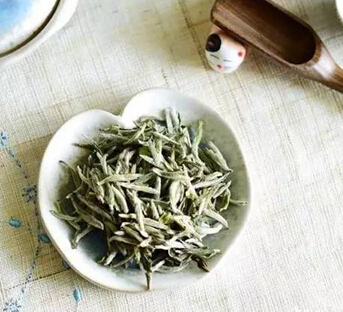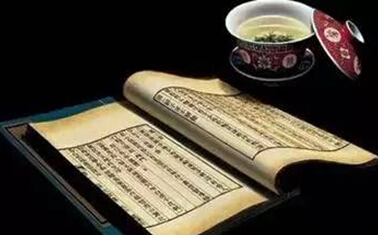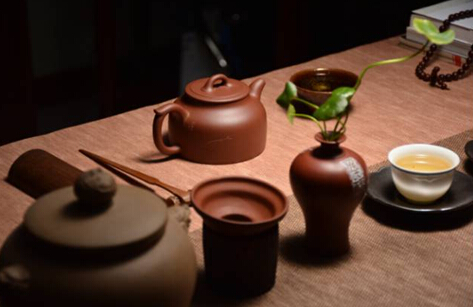Rather than calling white tea a tea, it might be more accurate to describe it as medicine. White tea has properties that clear heat, reduce inflammation, and relieve pain. Qing Dynasty scholar Zhou Liang Gong noted in his writings: "Silver Needle white tea, produced in the Hongxue Cave of Taimu Mountain, has a cold nature and effects similar to rhinoceros horn, making it a holy remedy for measles." White tea can also be stored for long periods, with its medicinal value increasing over time. In Fujian, it is common to brew white tea to alleviate ailments like childhood fevers or adult gum swelling. In the humid south, people also use white tea both as a drink and a topical application for rashes, with immediate results.

The claim that white tea has the same effects as rhinoceros horn refers to fresh white tea. Fresh white tea is cold in nature, while aged white tea loses this coldness over time. The aging process depends on factors like storage conditions (temperature, humidity), form (loose or compressed), and duration. Generally, white tea transitions through five stages: cold → cool → neutral → warm → hot. The market lacks a standardized definition for "aged" white tea, with some products labeled as such after just 3-5 years (often with exaggerated claims).

Only white tea aged 7-10 years or more can confidently be called "aged." The difference is discernible through taste and bodily reactions—younger tea retains a cooling effect. Authentic aged white tea can be consumed year-round (depending on one's constitution), while fresher tea is better suited for summer brewing. Winter is ideal for simmering aged white tea (sometimes blended with ripe pu-erh).

White tea is an excellent choice for those exposed to computer radiation, suffering from dry or sore throats, or dealing with skin sensitivities like eczema. Common varieties include Silver Needle, White Peony, Gong Mei, and Shou Mei, available as loose tea or compressed cakes. However, cakes may lose some medicinal properties during steam-pressing. For therapeutic purposes, loose tea is preferable.